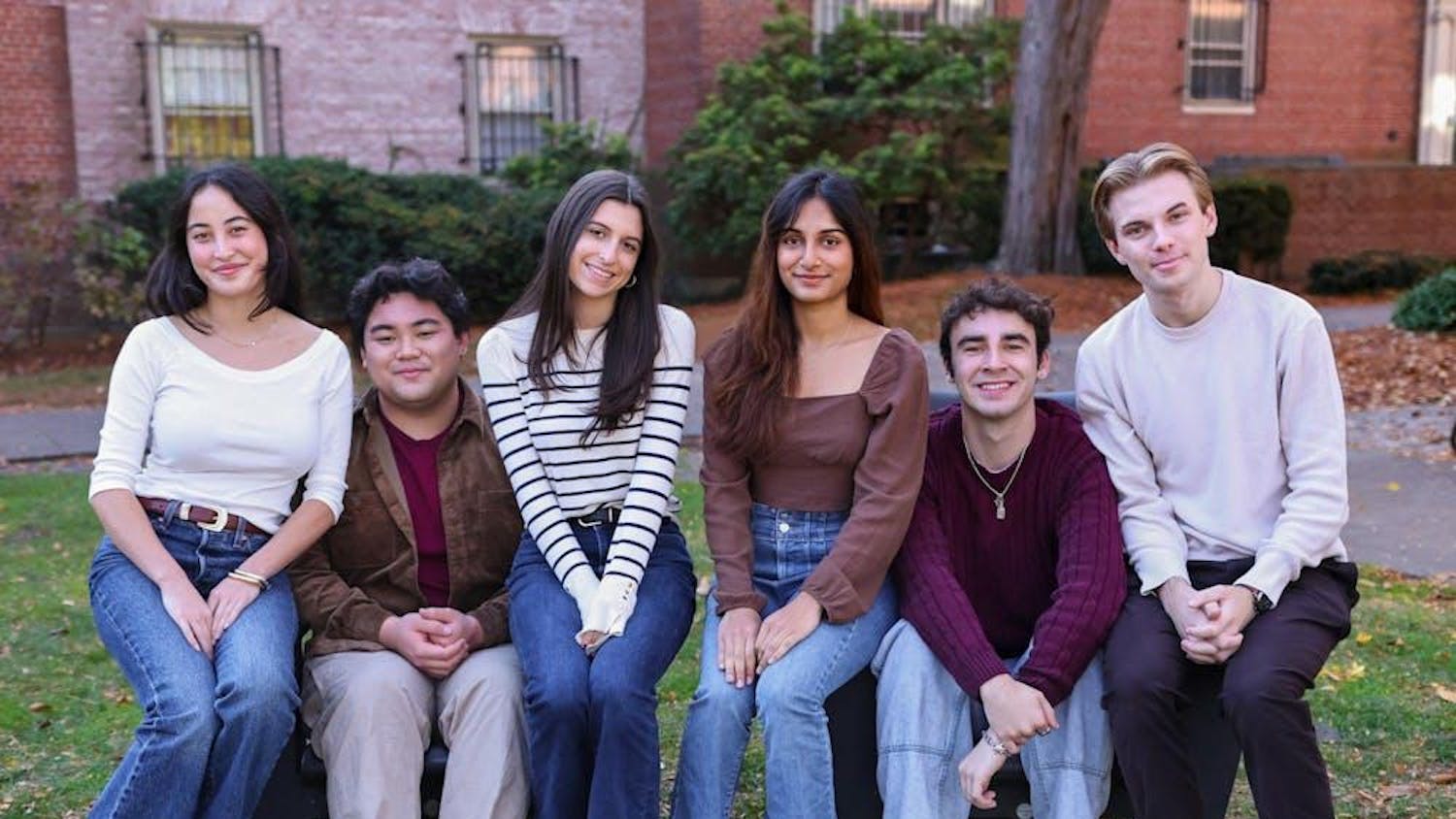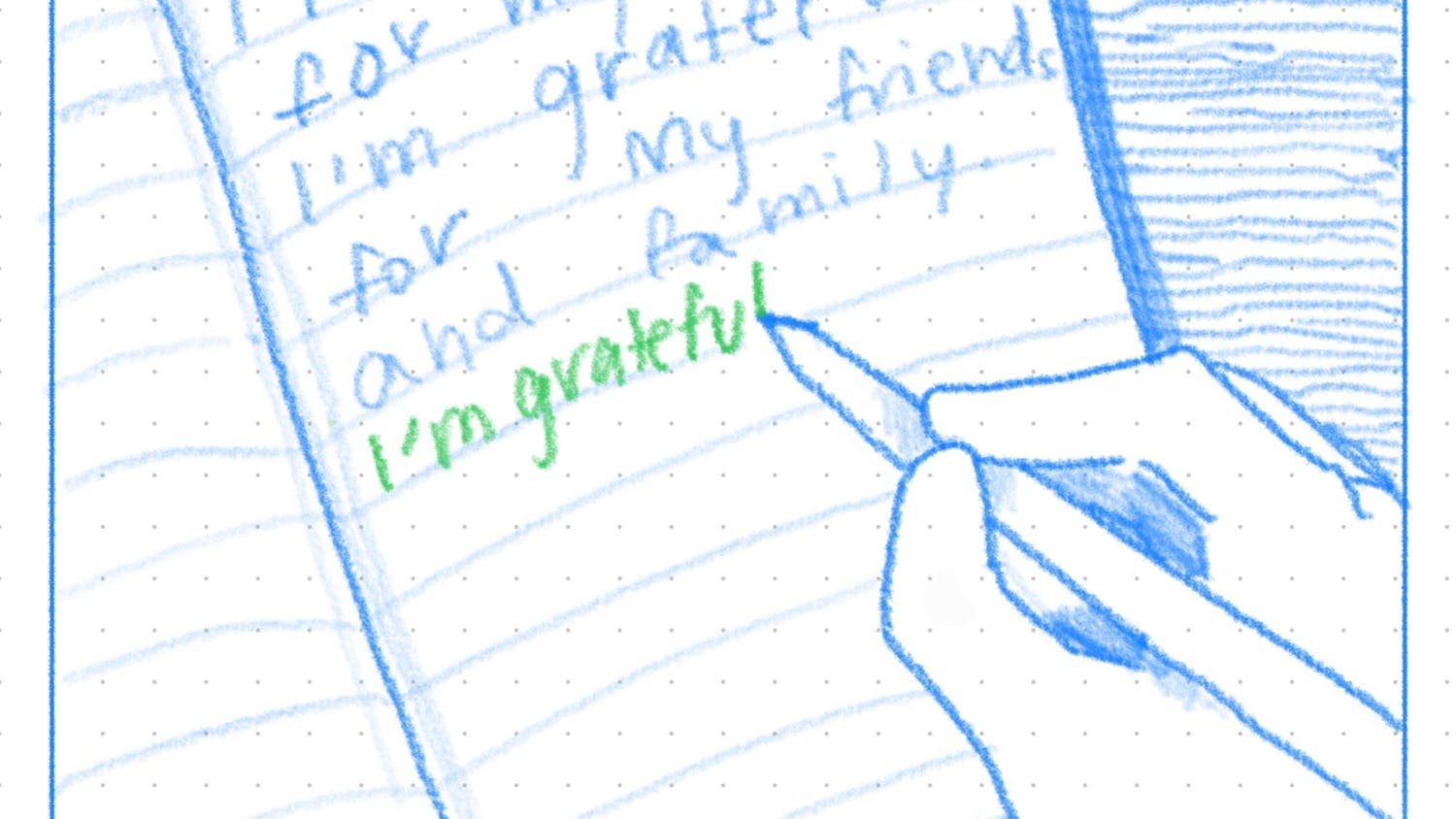For many incoming students, the first tangible links to Brown are advisors, people who will be guiding and looking out for us from the moment we reach campus and begin to pick classes. In addition to our academic advisors, first-years are surrounded by all forms of student-led guidance: Meiklejohns, Residential Peer Leaders, Minority and Women Peer Counselors and Writing Center Fellows, to name a few. As we move through our college years, we learn to better navigate our own paths and get our assignments done, and so the relative importance of those advisors begins to fade away. We find our rhythms, self-sufficient Brown students that we are, and figure things out on our own.
And then we hit senior year and are confronted with a question of almost mythic import: to write a thesis or not? And, if we are to undertake the task, where to begin? What to write about? How long does it have to be, and when is it due? What is original research, anyway?
I didn’t know the answer to a single one of these questions when my friends and classmates started throwing their own ideas and outlines around. I met with advisors in my concentration to gain answers to the logistical questions, as well as some moral support. But I still felt, and continue to feel, that I was lacking the perspective of someone who had actually been through the process. That is the major gap in the University’s otherwise comprehensive advising network: a thesis peer advisor, a recent grad from the same concentration who has written a thesis and made it out alive.
The advising system will always work better for some than others. Some students mesh well with their assigned advisors (whether they are peers or professors), some are more inclined to seek out informal mentors of their own and some prefer to forego the advising process entirely and make it up as they go. For students who have close friends who graduated recently and were in the same concentration, this system may well be unnecessary. But a dedicated resource, particularly one who volunteered for the role, can be useful in ways that friends sometimes cannot.
The program need not be complicated. At the end of the spring semester, faculty (or even Department Undergraduate Group leaders) in each concentration would reach out to graduating seniors who wrote theses and ask if they would be willing to give a rising senior their phone number. For a handful of hours a month, that alum would make themselves available to check in and answer questions. (Whether or not to respond to late-night panic sessions would be at the peer advisor’s discretion.) Research and writing, though independent in nature, can always benefit from a listening ear. A thesis peer advisor could share insight about where they were this time last year, discussing times when they wanted to quit or felt like they had backed themselves into a corner. They can suggest new sources or citation tools and provide a type of motivation and counseling that can be hard to find from professors, no matter how accessible they make themselves. It would help recent grads keep their ties to Brown, and seniors would have access to a role model not just for their thesis, but for navigating those first terrifying postgrad years in their chosen field.
One of the most disorienting things about becoming a senior is the lack of institutional memory passed down to us. In clubs and on teams, it’s up to us to maintain traditions and knowledge and to lead in the best way we know how. In most facets of our college lives, from classes to extracurriculars, we’re ready for this; we’ve been learning how to take the reins for the past three and a half years. But the thesis process is entirely new, and everyone who has been through it has left College Hill behind, leaving no one to offer their hard-earned wisdom. A peer advisor program would make the wall between senior year and postgrad life somewhat less impermeable, while rendering one of the biggest challenges we undertake in our college years more manageable. The thesis is an exciting opportunity for seniors to delve deep into their interests and create a work of independent scholarship — but that doesn’t mean we have to do it all on our own.
Clare Steinman ’19 is in the midst of a crisis of faith about her thesis; emotional support can be sent to clare_steinman@brown.edu. Please send responses to this opinion to letters@browndailyherald.com and op-eds to opinions@browndailyherald.com





